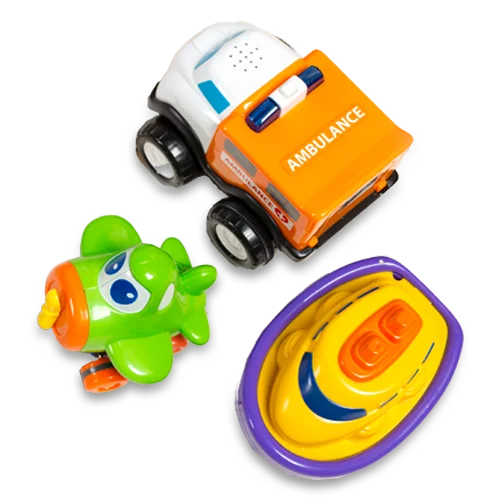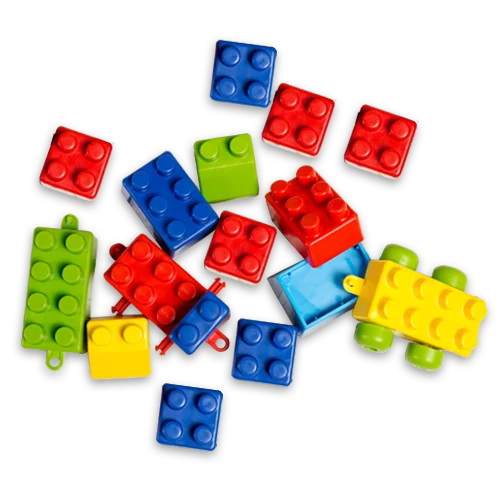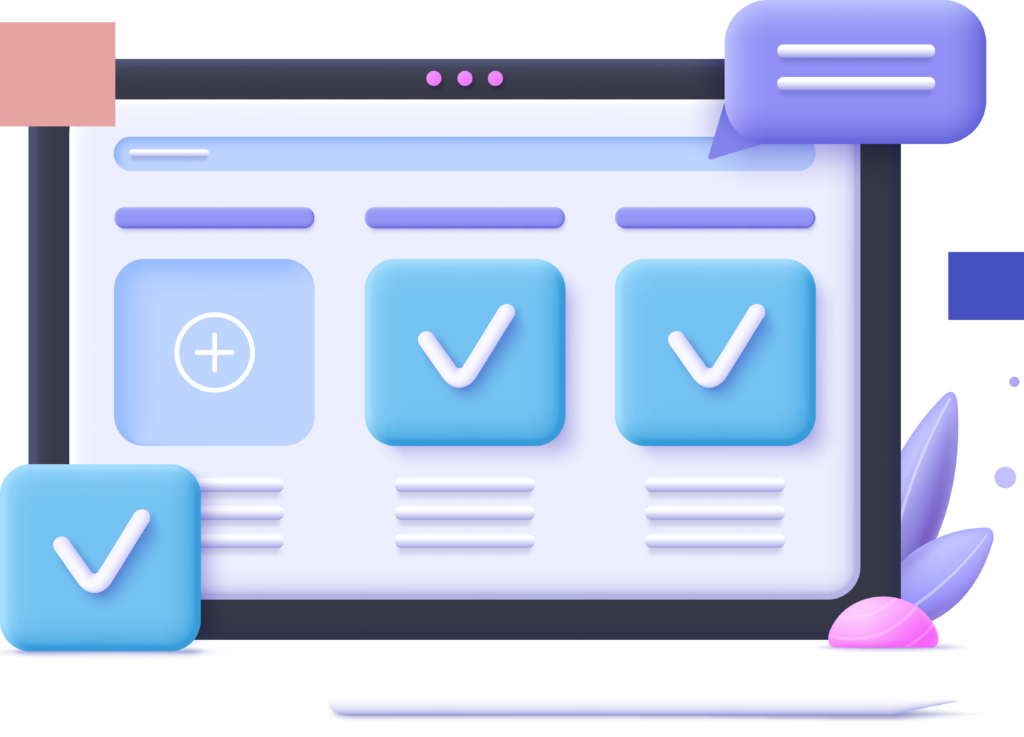What are the Major Quality Challenges in Plastic Industry?
Plastic finds its extensive use in today’s times. Be it household items, electronics, automobiles, medical devices, toys, packaging, etc, plastic is an intrinsic element in one form or the other. Many remarkable qualities of plastic like light weight, durability, ductileness, corrosion and chemical resistant, etc. make it widely used material.
With plastic having so much usability, it is imperative for plastic manufacturing organizations to maintain quality of plastic. Especially in applications like medical devices, food packaging, medicine packaging where it directly affects human health, quality of plastic is of paramount importance.
These organizations must ensure that their processes and procedures are aligned to yield quality products which comply to the various regulatory norms. To ensure this, these organization must have a quality system in place.
In the rapidly evolving and high-volume trading landscape of today, relying on outdated, paper-based techniques to maintain a quality system is no longer viable. The traditional approach is prone to errors, slow, and lacks the necessary security measures. Therefore, it has become imperative for organizations to embrace digital solutions to implement an efficient and reliable quality system. Digitalization not only streamlines quality management processes but also enhances accuracy, speed, and security, ensuring that the plastic products manufactured meet the highest standards of quality and safety.


How does QualityPro fill in the gap?
QualityPro is one such digital QMS solution. It is a cloud-based QMS solution especially designed to cater plastic industry. QualityPro, with its comprehensive modules like NC and CAPA Management, Complaint Management, Document Management, Training Management, etc, makes sure that the organization follows the procedures and produce quality products.
The software also instils a culture of continuous improvement within the organization and paves a clear path to improve customer satisfaction. Moreover, on compliance front, the solution is equipped to meet various compliances like ISO to ensure the target of quality is matched.
The personalized cockpit serves as the central hub for overseeing, controlling, navigating, and executing all essential tasks to drive ongoing developments. It offers a wide range of reports, which can be completely tailored to individual needs. It offers interactive dashboards that provide visibility across every stage of production. This ensures the highest product quality and minimizes the need for rework.
Features of QMS Software for Plastic Industry

Efficiently handle non-conformance (NC) issues like deviation from established procedures, shortcoming in program implementation, etc. Perform root cause analysis and apply corrective actions to avoid recurrence…Read More
Effectively deal with complaints like inappropriate execution of plan, gaps in communication, etc. Track the status and resolution of such complaints to establish positive relations with stakeholders…Read More
Identify the learning gaps like procedural knowledge, legal requirements knowledge, communication lacunas etc. and schedule trainings for employees. Track and store training progress of staff for future reference...Read More
Smoothly incorporate change in the organization without disturbing day-to-day chores. Establish a proper workflow for documenting changes, update the concerned, review its impact and manage every step of the change control process...Read More
Manage organizational documents like procedures, certificates, SOPs, fund raising documents etc. Collaborate simultaneously on the same document version, enhancing teamwork….Read More
Manage various risks like financial risk, cybersecurity risk, operational risk, governance risk, etc associated with non-profit organizations. Mitigate probable risk and drive continuous improvement across the organization…Read more
Make organization audit ready, be it internal or external, by ensuring compliance with various regulations. Conduct mock audits and find the gaps to fill during real audits and prevent penalties and reputational dents...Read More
Outstanding Modules of BM QualityPro
Swiftly and effectively identify and rectify quality-related issues like dimensional variation, thickness variation, width variation etc and take corrective actions like adjusting the moulding process, rejecting non-conforming parts etc to mitigate recurrence, and rigorously verify the efficacy of root cause elimination. BM QualityPro’s NC (Non-Conformance) Management module ensures precise handling of deviations….Read More
Efficiently manage, track, and resolve complaints from various sources, ensuring customer satisfaction….Read More
Optimize training procedures, automate training scheduling, reminders, and progress tracking. Enhance workforce skills and significantly reduce training expenses….Read More
Establish a proper workflow for document changes, and automate, evaluate, review, and manage every step of the change control process. …Read More
Efficiently establish and archive Standard Operating Procedures (SOPs) that detail the protocols for waste management, handling toxic materials, operating machinery, adhering to compliance and regulations, and responding to emergencies in the realm of plastic manufacturing industries….Read More
Efficiently manage, store, retrieve, and collaborate on various types of organizational documents like product specifications, quality control plans, process workflows, mold design and tooling documentation, product label and packaging artworks, crucial to plastic manufacturing. Enhance teamwork by working seamlessly on the same document version while ensuring precise documentation….Read More
Proactively manage various risks like choking hazards or health risks from toxic material, environmental risks related to plastic waste and pollution etc, and their impact on plastic manufacturing processes.
Benefits of Plastic Quality Management Software
- Facilitates faster and effective execution of processes
- Enhances customer satisfaction
- Raises brand value by adhering to the various norms and regulations
- Reduces waste (time waste, labour waste, fewer recalls)
- Increases efficiency by improving supply chain performance
- Enhances safety by reducing risks
- Helps to get competitive advantage
- Helps to make informed decision based on data





